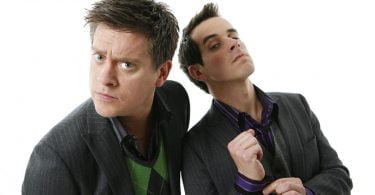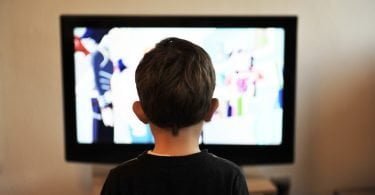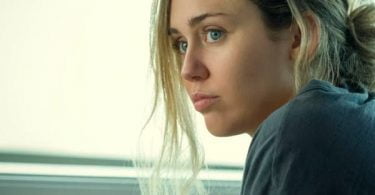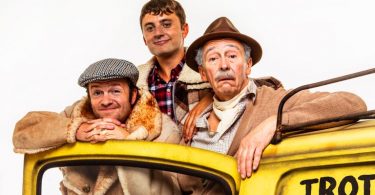What would you do if you were given one month left to live? Rage, cry, go on a bender? Ron Woodroof does all these things. Then he fights back.
What would you do if you were given one month left to live? Rage, cry, go on a bender? Ron Woodroof does all these things. Then he fights back.
Dallas Buyers Club, a film that has taken more than 20 years to make it to the screen is proof that Matthew McConaughey is ready to be taken seriously as an actor again, shedding the stigma of the syrupy rom-coms like ‘Failure to Launch.’ Does anyone remember that film? Don’t worry, you’re not missing much.
It seems that recently McConaughey has been getting his mojo back, from sleazy strip club owner Dallas in the trippy ‘Magic Mike’ to the fugitive Mud in 2012’s Southern drama; he seems to have reinvented his career with brilliant results.
Here he plays Ron Woodruff, the only heterosexual AIDS patient he’s ever heard of, bitter and broken, a man whose only identity has been destroyed. McConaughey shows us a stunning portrayal of a man finding redemption for his seedy existence when most people would just give up. He is sick, but he is not a victim.
Jared Leto shines as transgender AIDS patient Rayon, all sculpted cheekbones and haunted smiles, whose witty and seductive sass starts to drag Ron out of his homophobia. It is a part fantastically acted. Rayon is pragmatic, charming and bold on the surface, but the flashes of terror about the future that burst through her neon make-up are genuine and completely heart-breaking.
The film crashes between jarring, blinking shots and long, slow sprawls of the Texan skyline. It’s all washed out colours and brittle laughter, filled with dark humour and desperation which reinforces the inescapable idea that it is about dying; we’re not under any illusions that there’s a happy ever after for Ron or Rayon or the rest of the Club.
McConaughey starts out as an angry and frightened man and he ends in the same way. There’s no miracle cure, the authorities don’t suddenly decide to leave his business alone.
It’s sad and frustrating and truly shocking to see how easy it is to put a price on human lives. Even Woodruff turns away those who can’t pay. He is a red blooded, capitalist, Good Ol’ Boy and he is not ‘running a charity.’
At the same time it’s subtle, there’s no hammering home of any agenda but still doesn’t pull away from the haggard faces, the fading bodies. It’s just as painful to watch the tragic ignorance of Woodruff’s friends, his doctors and the society which refuses to help as it is to watch the victims disintegrate, we wince with every new bruise blooming on Rayon’s arms—every time the needles break the skin.
The soundtrack is perfect—a mess of agonising static and heartbeats, country music and 80s pop that matches the collisions of emotion and determination pumping through the characters.
It is a shame the rest of the Club members are not as well defined as Rayon, they are seen as just a stream of faces passing through Ron’s life. They are his purpose and motivation and it would have been interesting to see how their lives were affected by the work of the Dallas Buyers Club.
While Ron’s repeated battles with the FDA, the hospital, the law and his own immune system are all disheartening, this is not a depressing film.
It’s not just a film about AIDS and drugs. It’s about finding an identity—making something meaningful out of life. Ron is the ironic priest delivering salvation to the ‘junkies and homos’ he despised, and making his own life worth something as he does.
It is a film about hope.
Have your say on Dallas Buyers Club in the comments section below.








